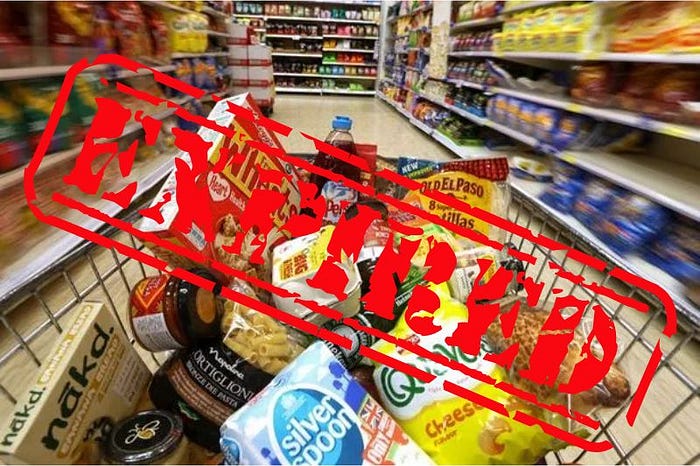Innovative Waste company: A Comprehensive Guide
In the bustling metropolis of Bangalore, a city renowned for its vibrant tech industry and dynamic culture, an equally significant movement is underway. The sphere of waste management in Bangalore is evolving rapidly, driven by innovative technologies, community participation, and policy-driven approaches. This blog delves into how Bangalore, often dubbed the Silicon Valley of India, is addressing the challenges of waste management and setting a benchmark for other cities.

The Challenge of Urban Waste
Bangalore’s population explosion over the past few decades has brought with it an array of urban challenges, chief among them being waste management. The city generates approximately 4,000 tonnes of solid waste daily, a number that only continues to grow with its population. Traditional methods of disposal, primarily landfilling and unorganized dumping, have plagued the city with environmental and health issues.
Pioneering Solutions in Waste Management
Bangalore has been at the forefront of implementing innovative waste management solutions that focus on sustainability and efficiency. These initiatives are not just about managing waste but transforming it into resources that benefit the community economically and environmentally.
1. Decentralized Waste Management
Recognizing the inefficiencies of centralized waste processing, Bangalore has been pioneering decentralized waste management. This involves local treatment of waste at the source, thereby reducing the burden on the city’s primary landfill sites and minimizing transportation costs. Communities are encouraged to segregate waste into organic, recyclable, and reject categories. Organic waste is composted locally, while recyclable materials are sent to recovery facilities. This not only makes the process more sustainable but also empowers communities by involving them directly in waste management.
2. Technological Integration
Technology plays a pivotal role in Bangalore’s waste management strategy. From GPS tracking of waste collection vehicles to apps that allow citizens to schedule waste pickups and report issues, technology enhances the efficiency and transparency of waste management processes. Furthermore, innovations such as waste-to-energy plants are crucial in addressing the dual challenges of waste reduction and energy production.
3. Public-Private Partnerships (PPP)
Bangalore has seen significant success through the involvement of private companies in the waste management sector. These partnerships bring in expertise, investment, and innovation, often leading to improved service delivery. For instance, several tech companies have collaborated with waste management startups to develop solutions that are scalable and economically viable.
4. Community Engagement and Education
Awareness and participation of the citizens are critical in the waste management in Bangalore has numerous NGOs and community groups dedicated to educating the public about sustainable waste practices. Workshops, seminars, and cleanliness drives are regularly organized to encourage community participation and instill a sense of responsibility towards a cleaner environment.
5. Policy and Regulation
The Bruhat Bengaluru Mahanagara Palike (BBMP), the city’s municipal body, has implemented stringent regulations to ensure compliance with waste segregation and processing norms. Policies such as the Mandatory Segregation at Source and the Plastic Ban have shown promising results in minimizing environmental impact. Regular audits and checks ensure that these policies are adhered to, fostering a culture of accountability.
Challenges and Future Prospects
While Bangalore has made commendable strides in waste management, it faces ongoing challenges such as the integration of informal waste collectors into the formal system, tackling the issue of electronic waste, and overcoming financial constraints in scaling up projects.
The future of waste management in Bangalore looks promising with the increasing involvement of AI and machine learning in optimizing waste collection routes, predicting waste generation patterns, and managing recyclables efficiently. Moreover, the focus is also shifting towards circular economy models that design waste out of the production and consumption process.
Conclusion
As Bangalore continues to grow, its approach to waste management serves as a model for sustainable urban development. Through a combination of community action, technological innovation, and strong governance, the city is paving the way towards achieving not just cleaner streets but also a sustainable future. This journey of transformation is not just about handling waste better but is a critical aspect of fostering a healthier, more sustainable city living environment for future generations.
.jpg)
Comments
Post a Comment